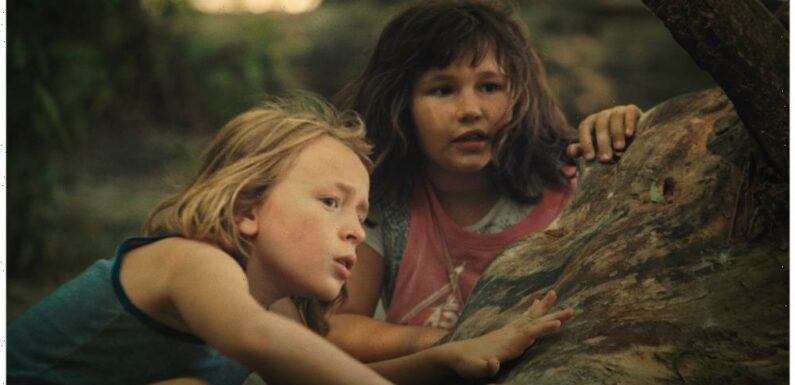
To director Mira Fornay, there are no three things more important in life than trees, water and children. And with “She-Hero,” playing as part of the Generation strand at the 73rd Berlin Film Festival, the Slovakian filmmaker gathers all three in telling the story of Romy (Rozmarína Willems), a young girl who embarks on a grand forest adventure in search of her lost budgie, Mimi.
Fornay, who won the Intl. Film Festival Rotterdam Tiger Award in 2013 with her sophomore feature “My Dog Killer,” did not originally set out to make a children’s film, but was fascinated by the natural charisma of Willems. “I already knew Romy and she is immensely photogenic, but I didn’t know if she could act as well. So I tried working with her back when she was six, and she was just amazing. When COVID hit, I realized I had to shoot quickly otherwise she would grow. This is why I wrote a story for her.”
“She-Hero” is the product of not only Fornay’s desire to work with the young girl, but also an attempt to shine a light on charity work. The filmmaker, who started volunteering for children-focused charities during the pandemic, is passionate about the work done by such bodies. “I don’t have much money, so I kept thinking about how I could contribute, how to make something more visible,” she says when speaking of her decision not to have a sales agent so she could donate the film’s profits to two charities, Prison Fellow International (PFI), in support or children of prisoners, and Pomoc dětem, a charity dedicated to supporting young refugees.
“I’m not a volunteering type, I’m an artist. But [in volunteering] I met many people who had done so all their lives and I listened to their stories and realized they have no support. I thought I’d make a web series about volunteers, but then this film worked well and got into the Berlinale so, with it being a film about children and for children, I thought I could dedicate this film to making these charities visible,” she continues.
Also speaking to Foray’s interest in political causes is her steadfast commitment to green filmmaking, a practice she adopted when filming “She-Hero.” “There was no hard part in being green,” she says firmly. “It was very simple and it was lovely because we were scouting for locations on bikes during summer, and then we went to the set on bikes. Everyone loved that. And because we were a small crew, we recycled everything, and we had local suppliers. I’d like to shoot like this forever.”
Within Foray’s small crew were some of her previous acting collaborators, who she enlisted to support a swift shooting process driven by the children’s rapid growth. “This was a very specific film. Some of the adult actors are people who have worked on my previous movies and I met some others during location scouting. They were not playing themselves at all, so it’s fiction, but with characters I randomly found on the way to making this film.”
“My writing is not very formal, it’s very intuitive,” she says of her creative methods. “I played it like a game with the children, using the same archetypes of the emperor and the queen and they loved it. And then I added some of my own childhood stories because I also had — and loved — budgies.”
The playful nature of the film seems to have resonated with young audiences in Berlin. “I’m so very happy. We had a nice premiere, and the reaction of the audience was so great. And the children were laughing and clapping during the film. These were all really strong reactions.”
Even though “She-Hero” has just had its world premiere, Fornay has already started working on her next project, currently titled “2052 – Rabbit Privilege,” and described as a dystopian drama about “forced parenthood and the anti-abortion wave across Europe and U.S.A.”
The story, which was inspired by Foray having to constantly justify her decision not to have children, is “placed against the backdrop of an ecological catastrophe, and the general idea is that the state deems you are only a full person if you have children. Forced parenthood is going on already, in countries like Italy and Slovakia abortion is legal but it’s impossible to find a doctor because they can refuse you on the basis of their religion.”
Foray is eyeing a co-production model for the film, which is already in development. “I would like to make this film a co-production because I think the South of Europe will be facing very difficult conditions in 2052. And if you don’t talk about this now, in 2052 it will be too late.”
Read More About:
Source: Read Full Article